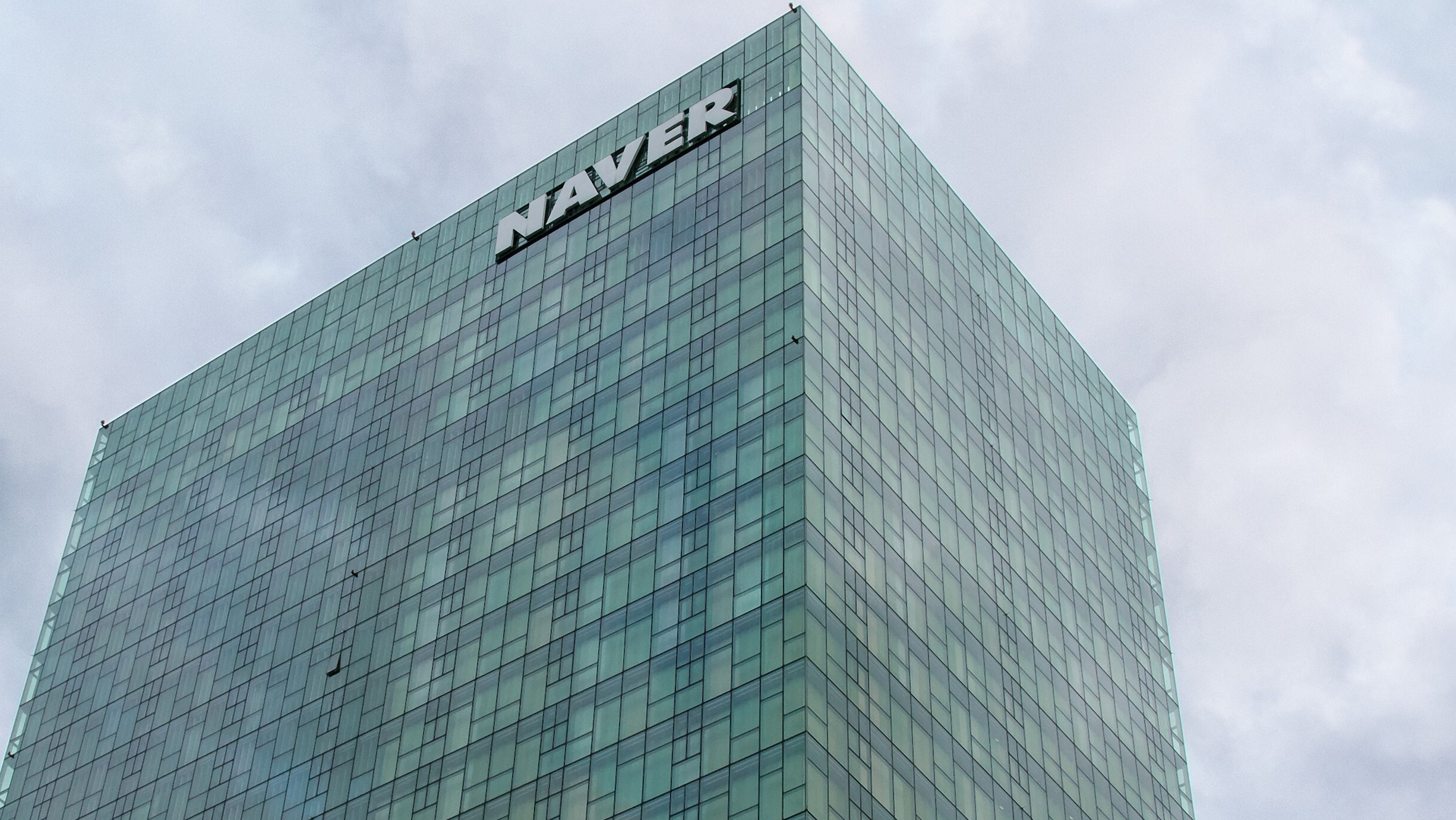
Naver, owner of South Korea's largest search platform and various related services (some AI-powered), has decided to order its next $752 million in AI chips from Samsung rather than Nvidia. This news, as reported by KED Global, follows Naver's October 2023 pivot from Nvidia GPUs to Intel CPUs, and shows that Naver is doing all it can to reduce its reliance on Nvidia, the current leader in the AI hardware space.
Reportedly, Samsung's Mach-1 AI chips are going to be used with Naver's servers for its AI map service, Naver Place. Samsung's Mach-1 AI chips were revealed earlier this week to be set for an early 2025 launch, though this partnership suggests Naver will be getting them before anyone else.
By supplying up to two million Mach-1 AI accelerators to Naver by the end of the year, Samsung could net up to a full $752 million. News of the Naver-Samsung deal has also caught the ear of other major tech companies, including the likes of Microsoft and Meta, according to KED Global.
By making these changes, it seems that Naver hopes to maximize its performance per dollar to remain competitive with its AI-powered map service. As long as the Samsung Mach-1 chips perform closely enough to the previous Nvidia H100 chips being used, their dramatically lower price ("a tenth of Nvidia's" says an unnamed industry source) and better power efficiency should make this a winning choice. Of course, it's probably also a good PR story for the nation and both companies to have South Korea's largest company providing the next-gen silicon for South Korea's largest search provider.
Previously, we've seen that even Intel CPUs can serve as a viable platform for certain AI workloads. Since Naver has already utilized Intel CPUs for its Naver Map software, it makes sense that the company isn't all-in on Nvidia. Samsung's Mach-1 is an AI accelerator with an SoC design that combines Samsung's own processors and LPDDR memory chips, which supposedly reduces bottlenecks and power consumption, according to industry sources mentioned in KED's reporting.
While this news seems promising for Samsung, only time will tell whether or not ITs Mach-1 AI chips are a valid replacement for Nvidia's H100 AI accelerators. In any case, it seems that big companies looking to deploy massive amounts of AI hardware are yearning for more alternatives to Nvidia's near-monopoly— and a recent ban on CUDA translation layers clearly isn't going to win over new fans for Nvidia.







